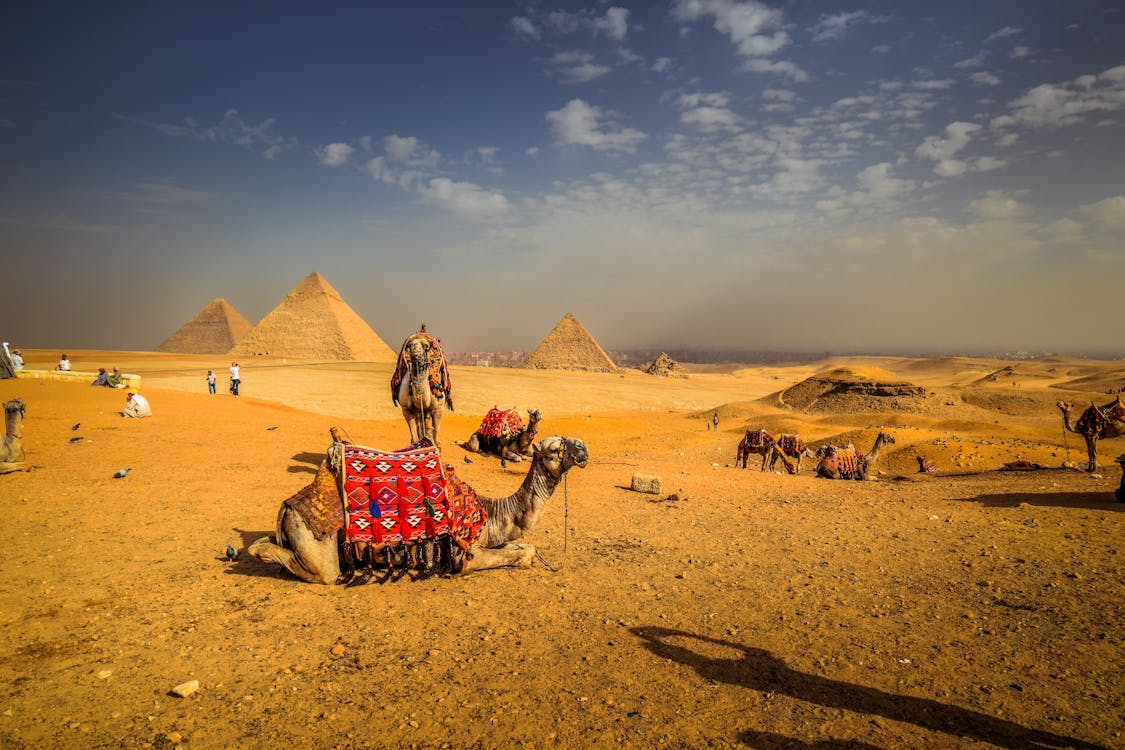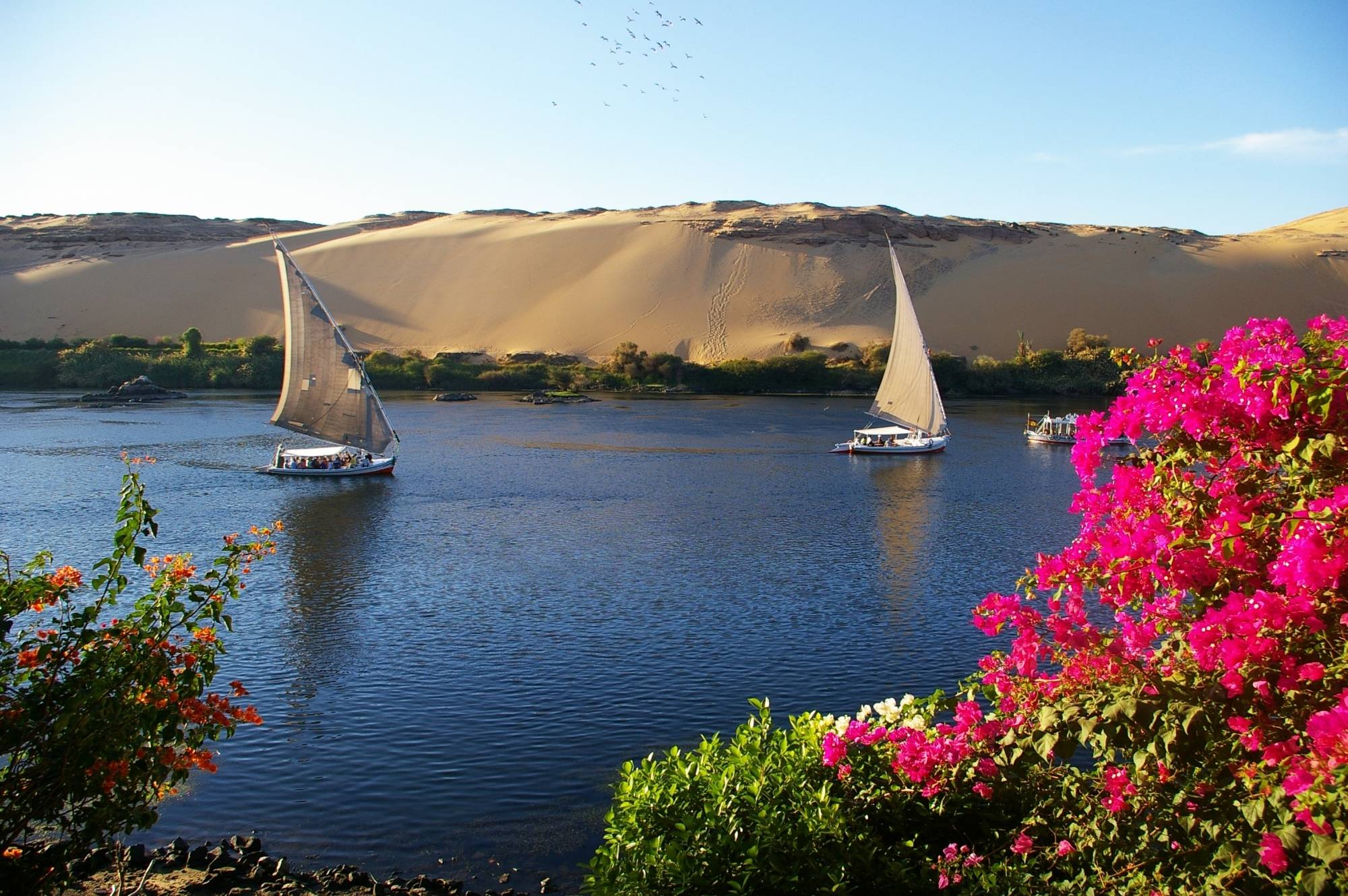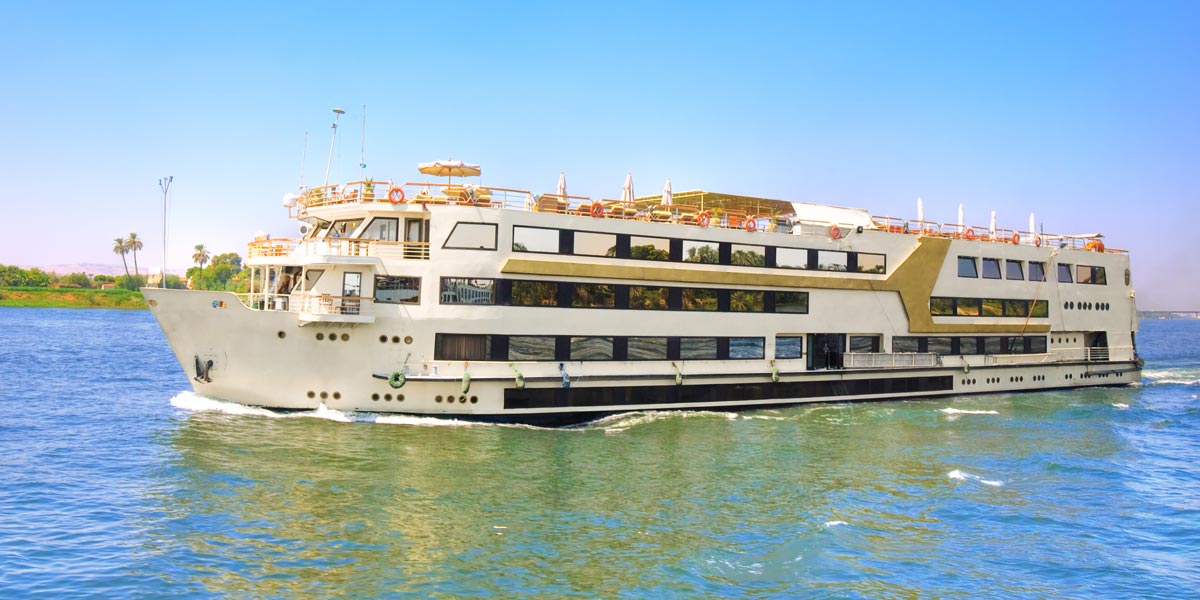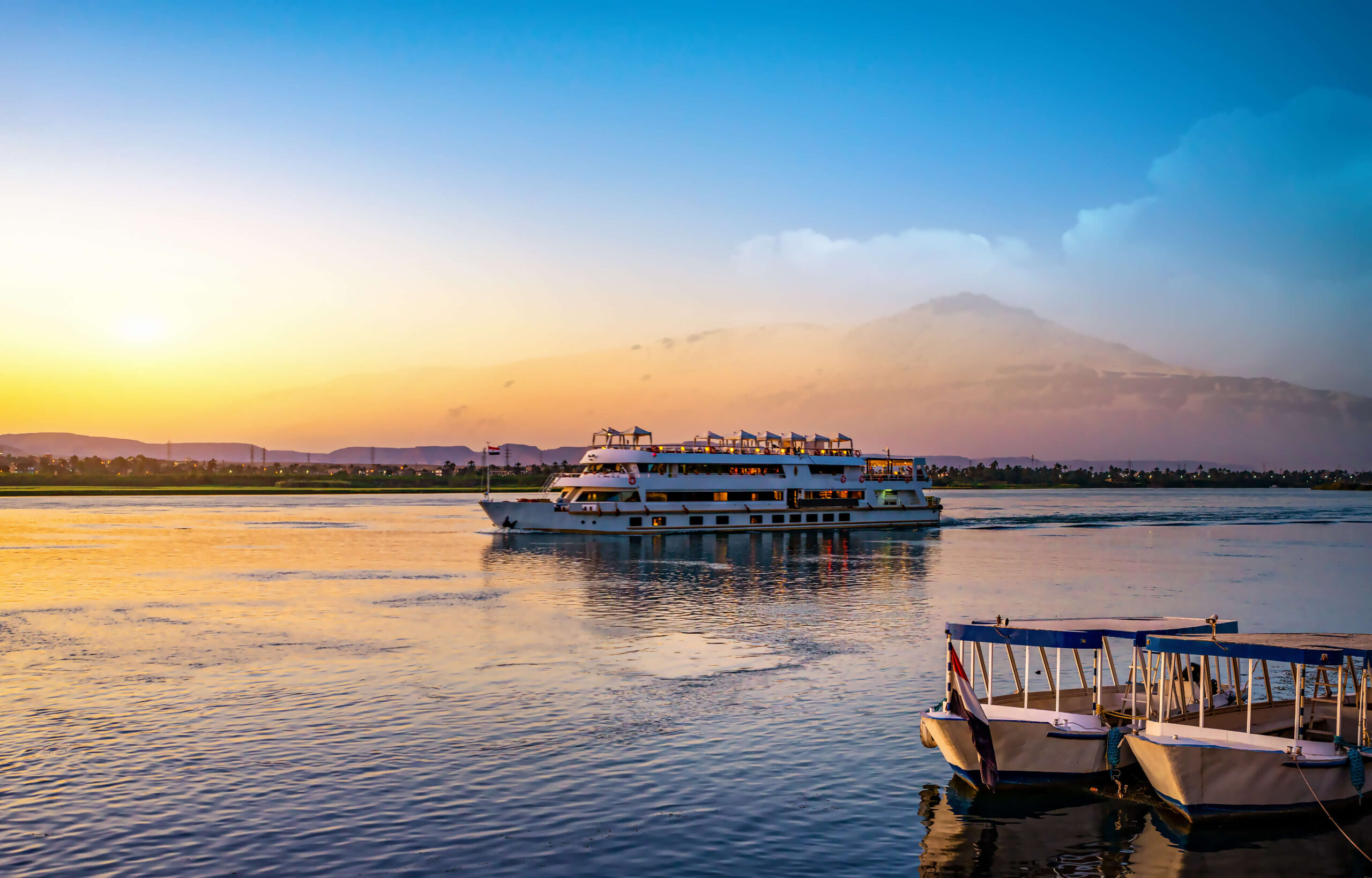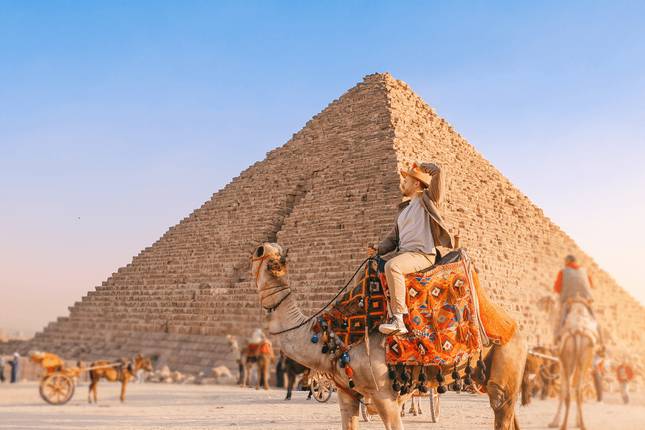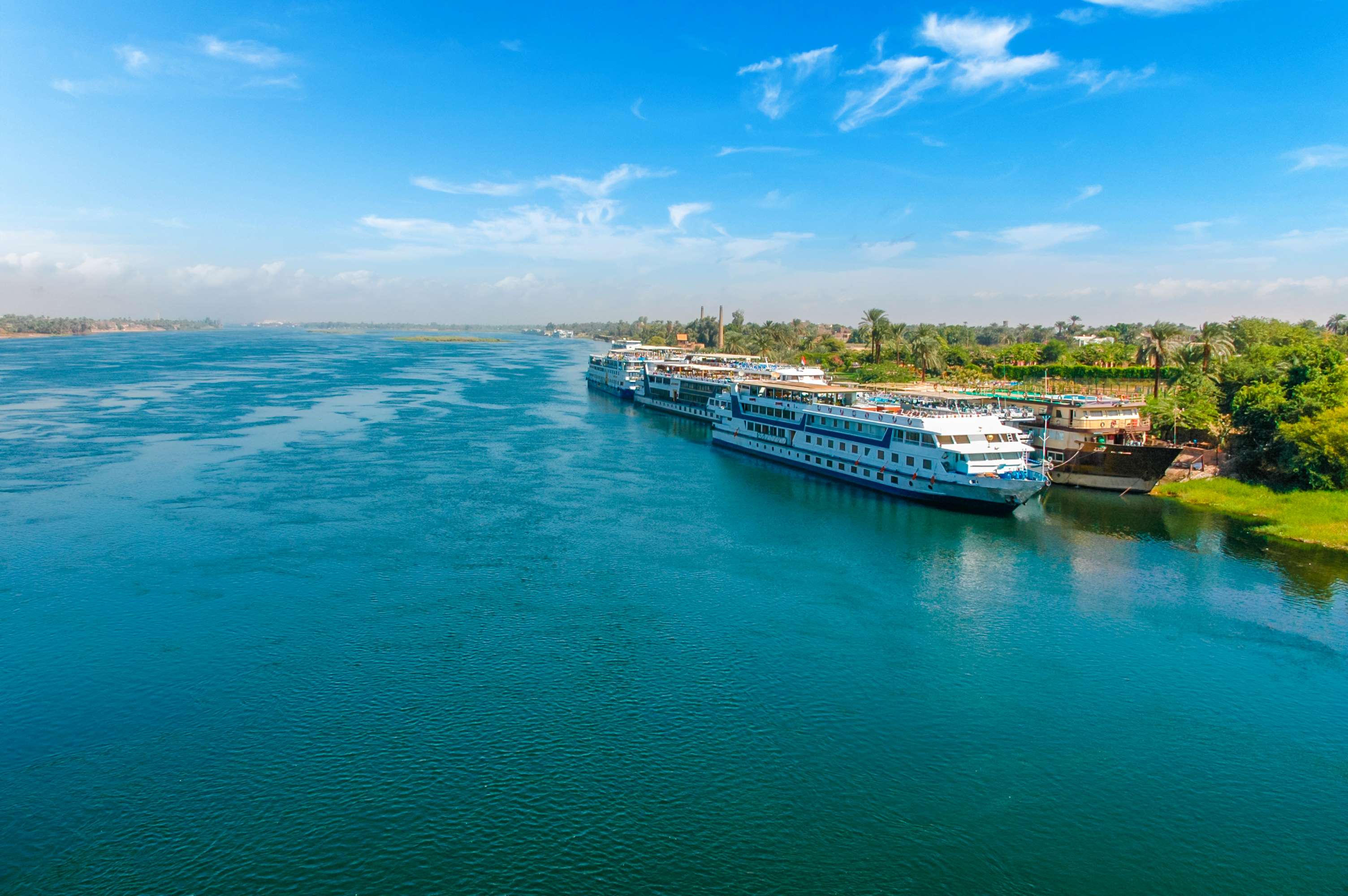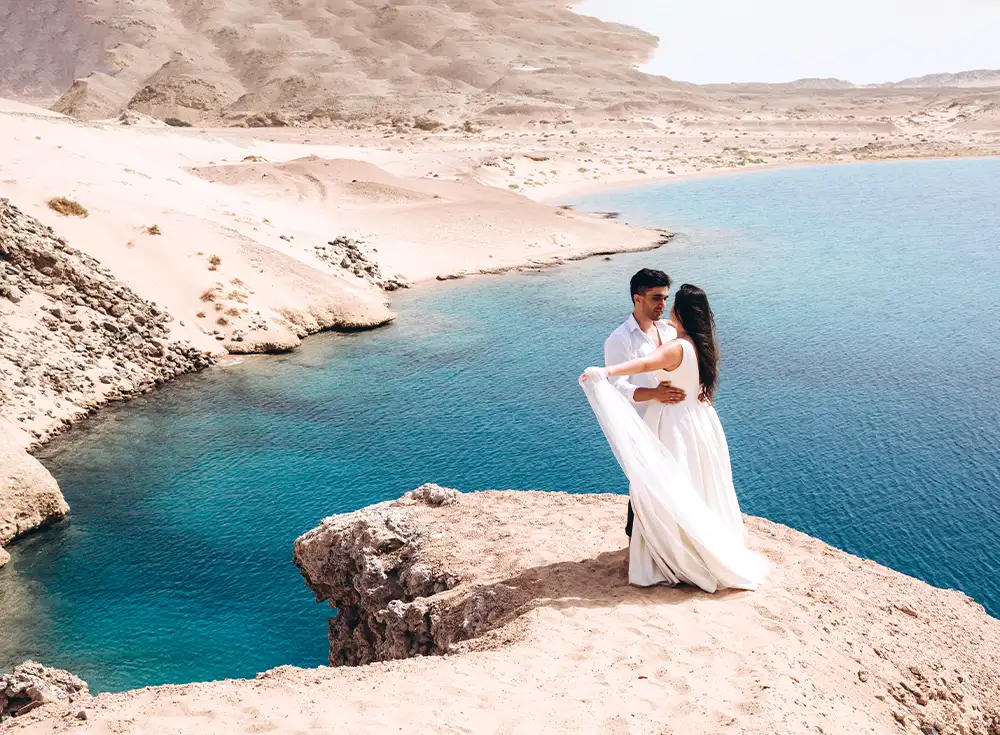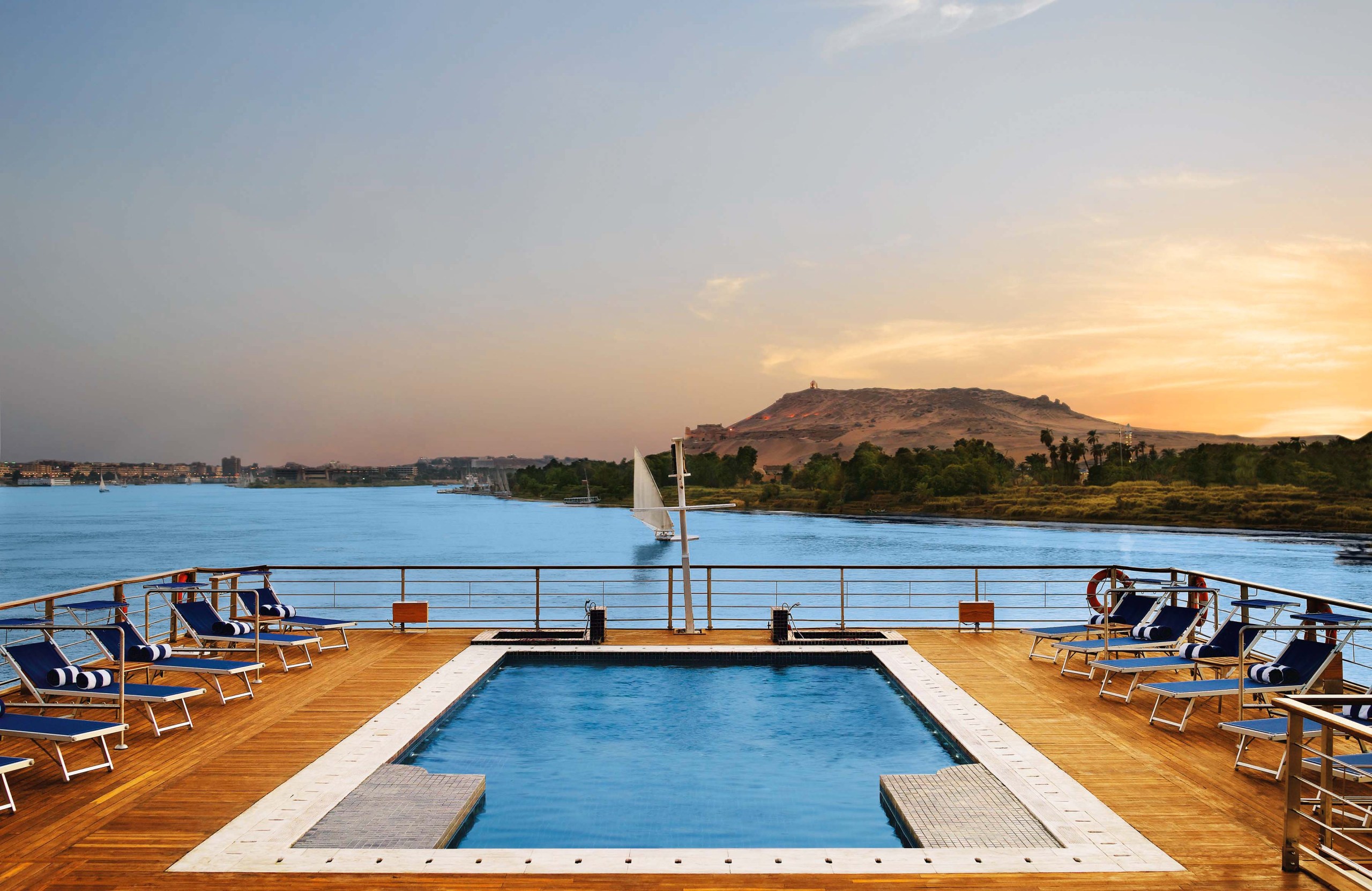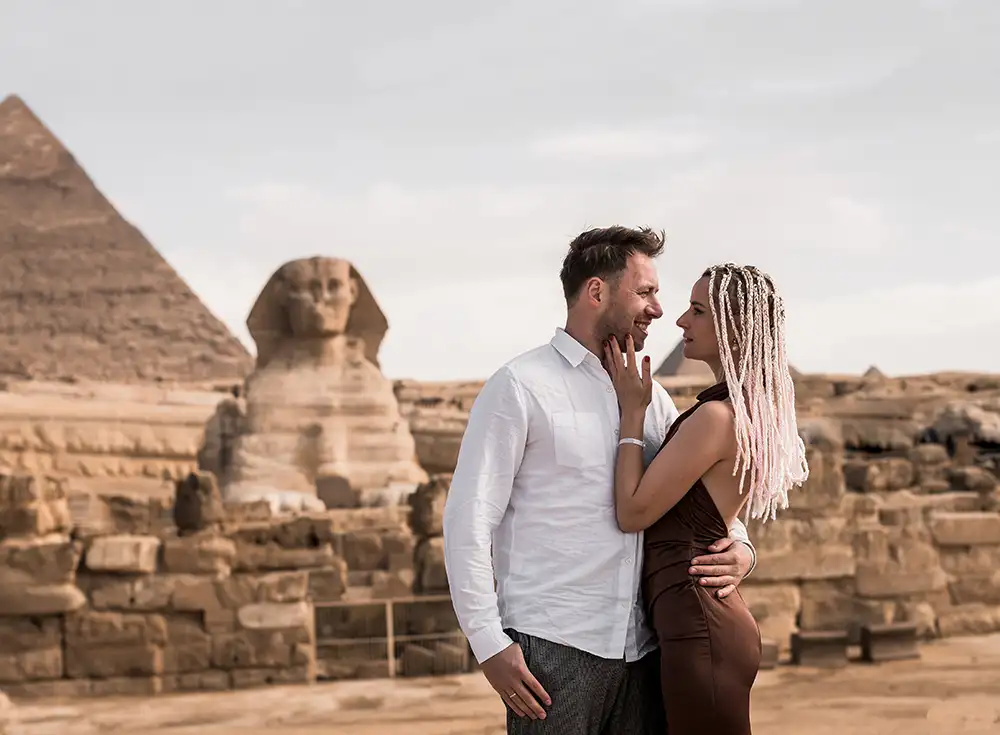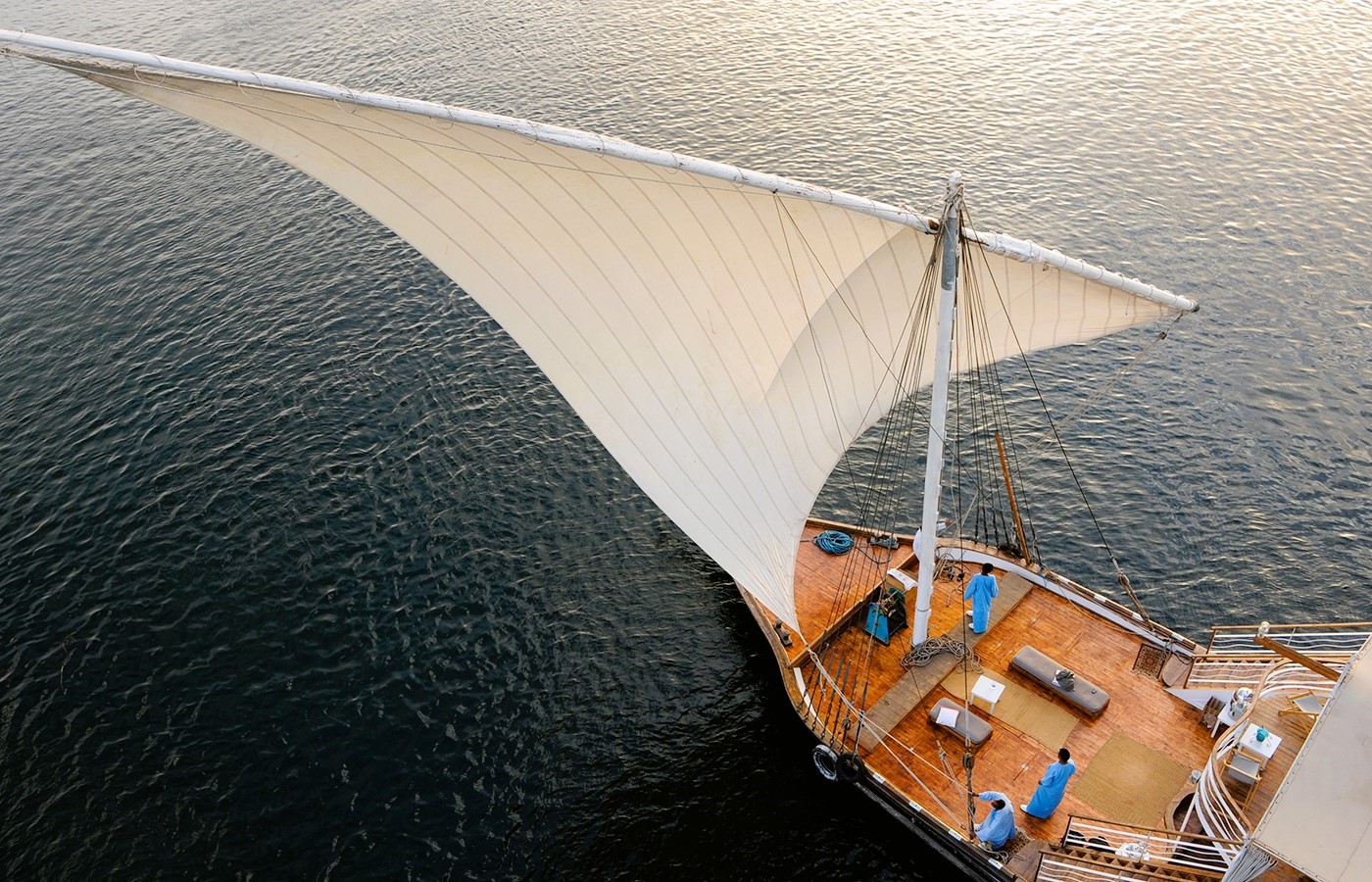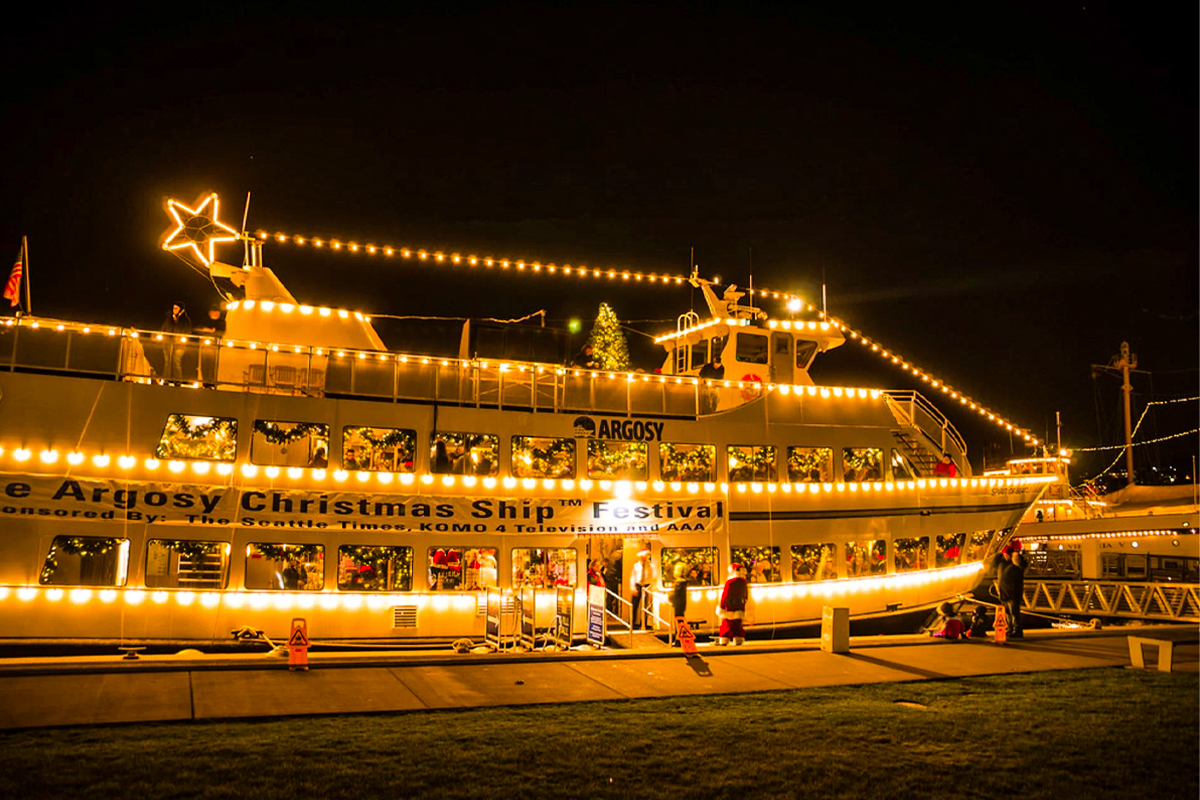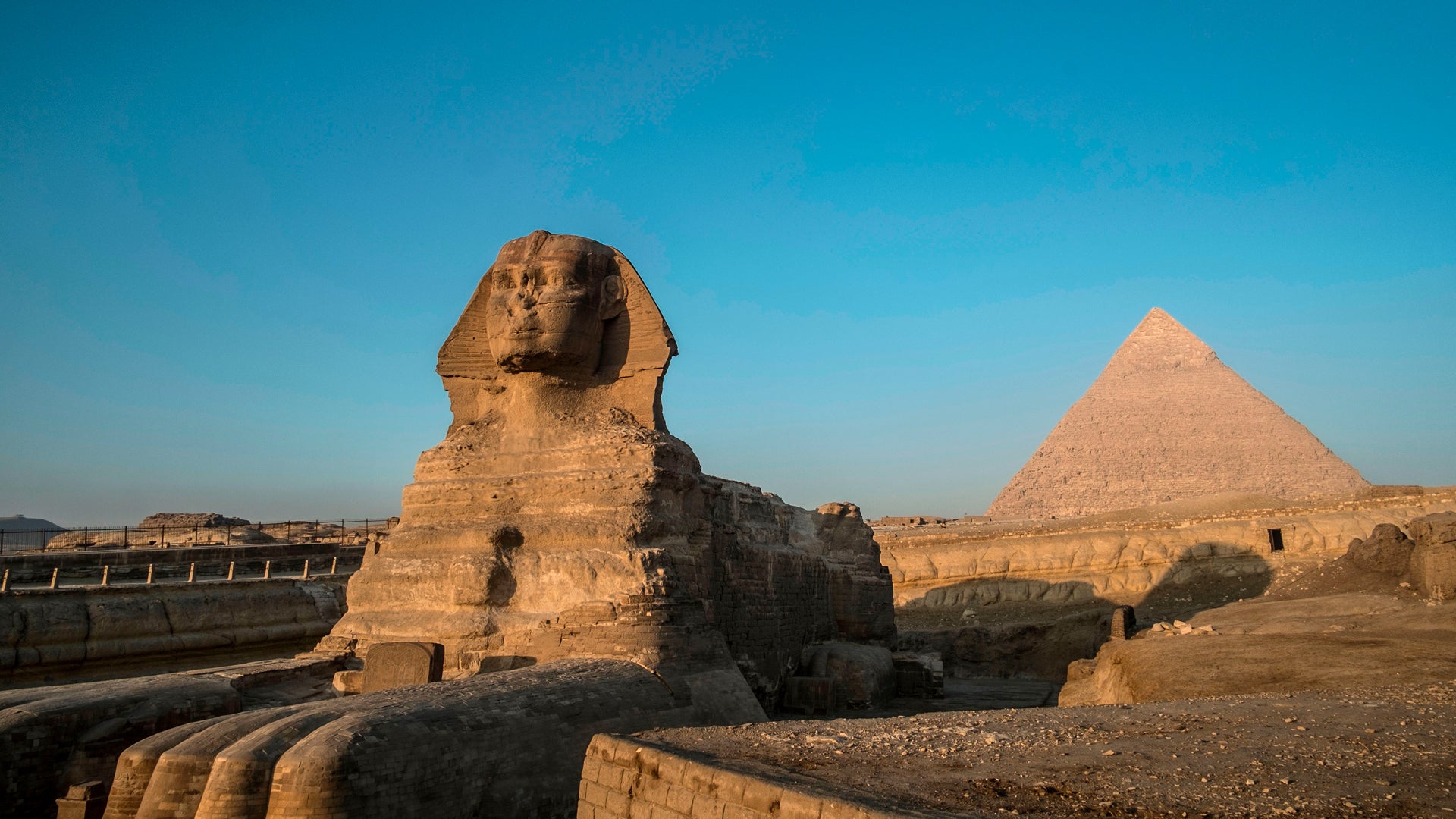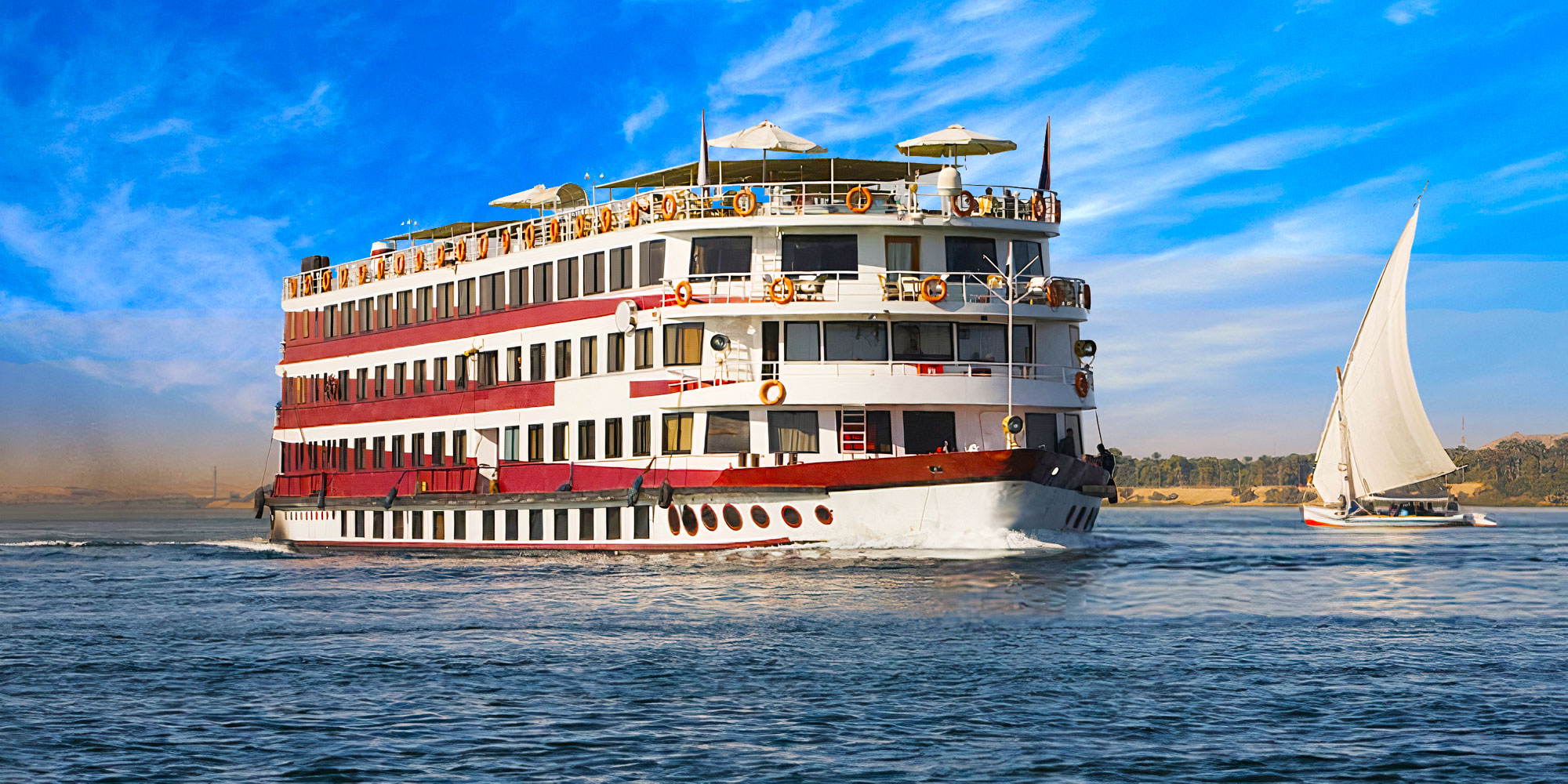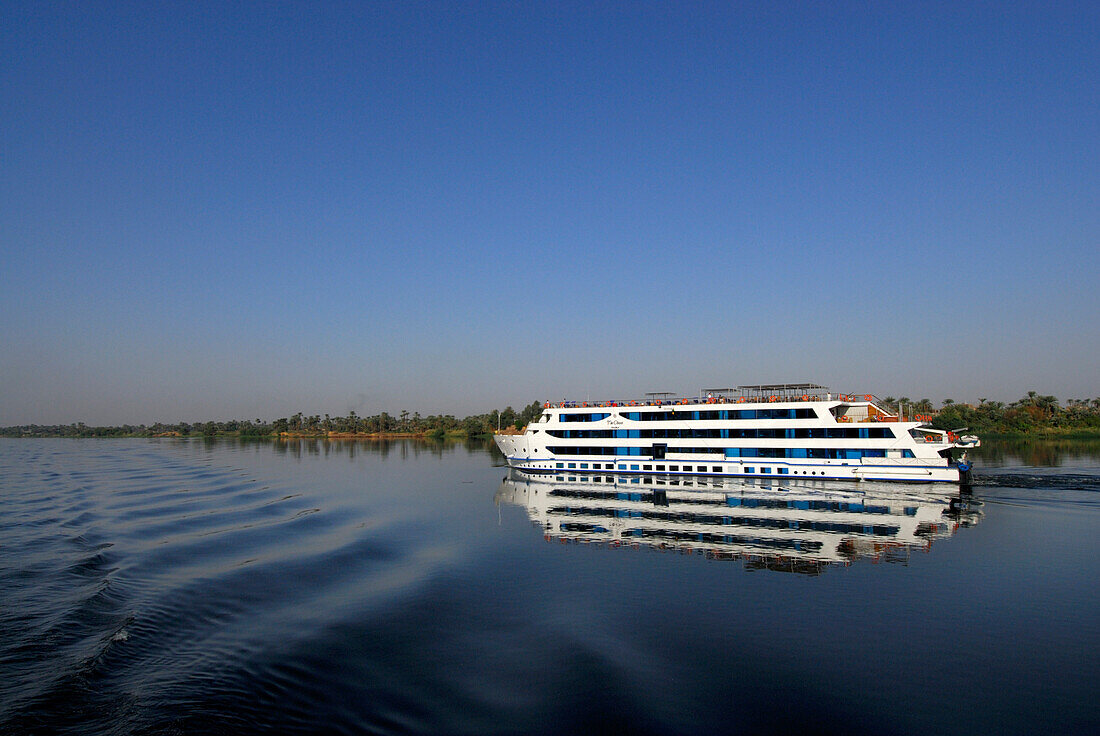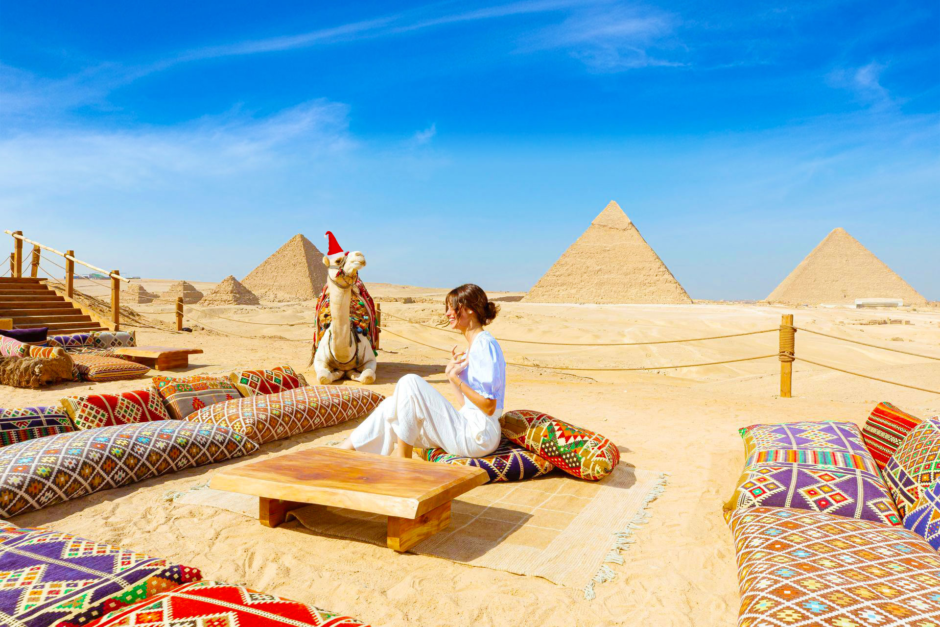The Nile River History

The Nile River History
The Nile River is a considerable determinant of ancient Egypt and sometimes termed the very bloodline of a very significant history of northeastern Africa. It traveled about 4,000 miles across northeastern Africa carrying the most reliable source of water, transportation, and fertile soil for producing crops in an otherwise arid region. The Nile was the lifeblood of these civilizations for thousands of years, but most importantly was the ancient Egypt that thrived on the annual floods brought by the river. That bond of ever-lasting sustenance with cultures fed by the Nile has influenced the region for all times, thus rendering it the most important natural resource in history.
The History of Nile River
The Nile River is one of the longest rivers in the world. It has a significant history in affecting northeastern Africa in the building of the ancient Egyptian civilization. Currently, it is over 4,000 miles long and flows through eleven countries, serving as a source of water, a highway to travel, and fertile lands in otherwise desert regions.
The river was part of the history of human settlement itself, where people learned to depend on the river's annual flooding to provide for the land and cultivate crops like wheat and barley that would eventually form the basis of the Egyptian economy. Each year, the river bursts its banks and bring with it nutrient-rich silt. This annual flooding, which would otherwise render the land barren, made agriculture possible and indeed has helped foster one of the great civilizations of the world.
It was important for agriculture and equally so for transport and trade. It formed a natural highway for goods and people to travel between Upper and Lower Egypt and beyond, and it opened up trade with adjacent regions, including Nubia, the Levant, and the Mediterranean world.
That river was inextricably linked to Egyptian religion and mythology. Ancient Egyptians saw the river as a divine delivery, associated with the gods such as Hapi, the god of the annual flood. The cycles of renewal that it underwent spoke to the eternal cycle of life-death-rebirth at the heart of Egyptian belief.
Indeed, the river contributed greatly to the construction of monumental architecture, for some of the greatest temples, pyramids, and tombs in the country were erected along its banks, often aligned with its flow to honor the link of the land with the gods.
In fact, the Nile is still useful for the countries through which it passes. It provides water to millions of people, serves agriculture, and is a vital trade route. Modern challenges, mainly those related to water management and environmental issues, have been presented to the Nile, but its historical relevance continues to dominate the culture, economy, and identity of the region.
Facts about the River Nile:
The longest river in the world: It is said that the Nile River reaches an approximate length of 4,135 miles (6,650 kilometers), declaring it the longest river on the face of the emerald earth, although some state that it is the Amazon River, depending on the kind of measurement employed.
Two Major Rivers: The Nile is formed from two major tributaries, such as the 'White Nile', originating from East Africa, and the 'Blue Nile', which starts in Ethiopia. The two meet at Khartoum, the capital of Sudan, to form the most important Nile River.
Nile's Annual Flood: The Nile's annual flooding of rains from the East African regions that formed part of Egypt was one of the fundamentals for Egypt's agriculture, depositing rich silt on the banks making the soil fertile for farming.
Cultural and Religious Import: The ancient Egyptians thought that the Nile was a gift of the gods, especially the god Hapi, whom they believed manipulated the floods and gave an abundance of produce in mythology.
Nile Delta: The final part of the river is a delta, with a number of branches to the Mediterranean Sea. This delta is one of the most productive and the most populous of the world’s deltas at large.
Supports Millions of People: The Nile River, with or without supplying water, food, and transport, affects over three hundred million people in the countries through which it passes like Egypt, Sudan, Uganda, and Ethiopia.
Rich Biodiversity: Crocodiles, hippopotamus, and many birds reside in and around the Nile, as well as the Nile perch known as fish. It has a very special ecosystem along its banks.
Historically Served as Transport Highway: The Nile was a primeval highway and an aqueduct for interior commerce and travel through the two civilities of Upper and Lower Egypt into the hinterlands of northeastern Africa and the Mediterranean.
Modern Challenges: Present issues about the use of water from the Nile, dam-building—for example, the Grand Ethiopian Renaissance Dam—and climate change have started concerns within countries that depend upon it for both political and environmental reasons.
Life-giving resource: The Nile is important for irrigation and agriculture in Egypt in that around 95% of the water supply in the country comes from it, making it arguably one of the most precious and relevant rivers in the world for the sustaining of human life and civilization.
Geography and wonder synchronize, and the Nile has been so for thousands of years, as a prime player in the history and culture of progress of all the colonies that live by it. From the crucial role it played in the development of ancient Egypt to its modern importance to date, it has been part of the lives of millions of people. The Nile remains and will always be associated with life, renewal, and continuity. New environmental and political challenges come, but the memory of this river endures reminding us of these tense relationships between natural resources and the sustainability of human civilizations. The Nile has a history that attests to the power of water, not only as a qualifier of wealth but also as something that nurtures, binds, and creates entire cultures.
Egypt Tours FAQ
Of course, travelers must obtain a visa, which can be obtained upon arrival or online for some nationalities.
Egypt is generally safe for tourists and residents, and you should consult travel specialists to find out the best places to visit in Egypt.
The Egyptian pound (EGP) is the official currency in Egypt.
The language is Arabic, but in tourist areas English is widely spoken.
Egypt offers a range of tours, including historical, cultural, and adventure trips that cater to all interests
Yes, many Egypt trips are family-friendly, offering educational experiences and activities suitable for all ages.
Private Egypt tours can be easily booked through us, offering customized itineraries based on your preferences.
Guided tours in Egypt include a professional guide, who provides insight and comfort, while self-guided tours allow more flexibility but you won't get the information a tour guide gives you.
comfortable clothing suitable for the climate, sunscreen, and essentials for exploring historical sites






